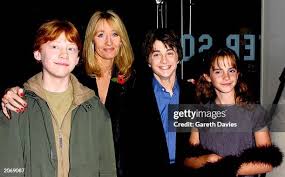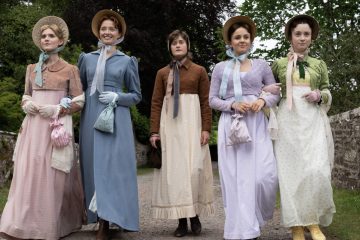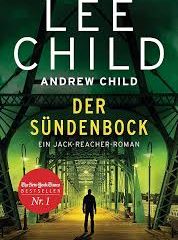The Influence of JK Rowling: Author and Controversial Figure

Introduction
JK Rowling, the famed author of the Harry Potter series, has left an indelible mark on contemporary literature. Since the release of her first book in 1997, Rowling has not only enchanted millions of readers with her tales of magic and adventure but has also become a focal point of discussion regarding broader societal issues. The significance of her contributions to both literature and culture cannot be overstated, particularly as they resonate with current events surrounding freedom of speech and social activism.
The Rise of JK Rowling
Rowling’s journey began when she conceived the idea of Harry Potter while on a train journey from Manchester to London. The first book, ‘Harry Potter and the Philosopher’s Stone’, was published in 1997 and quickly gained immense popularity, leading to a multi-billion-pound franchise that includes films, merchandise, and stage adaptations. Rowling’s storytelling not only captivated children but also offered profound themes about friendship, courage, and the struggles against prejudice and evil.
Controversies Surrounding Rowling
In recent years, however, Rowling has found herself at the centre of significant controversy, particularly relate to her comments on gender identity and transgender issues. Critics argue that her statements have caused harm to the transgender community and have reignited debates surrounding trans rights. In response, Rowling has maintained her stance, asserting her views are based on her beliefs about sex and gender, which she claims are rooted in the protection of women’s rights. This has sparked both support and backlash, leading the author to become a divisive figure in public discourse.
Current Developments
The situation continues to evolve as various organisations and individuals react to her comments. Some have called for boycotts of her works, while others have rallied to her defence, arguing for the importance of free speech and diverse opinions. Recent events have included public discussions and social media campaigns that underscore the tensions between creative expression and the evolving definitions of gender.
Conclusion
The influence of JK Rowling on literature and society is undeniable, yet her recent controversies highlight a broader cultural conflict. As debates about gender identity and rights continue to expand, Rowling’s case exemplifies the complexities of navigating such sensitive subjects in the public eye. Looking ahead, her work may still inspire future generations, but the conversation surrounding her persona is likely to remain as polarising as ever. For readers and fans, understanding these dynamics will be crucial as they engage with her writings in an increasingly complex world.









